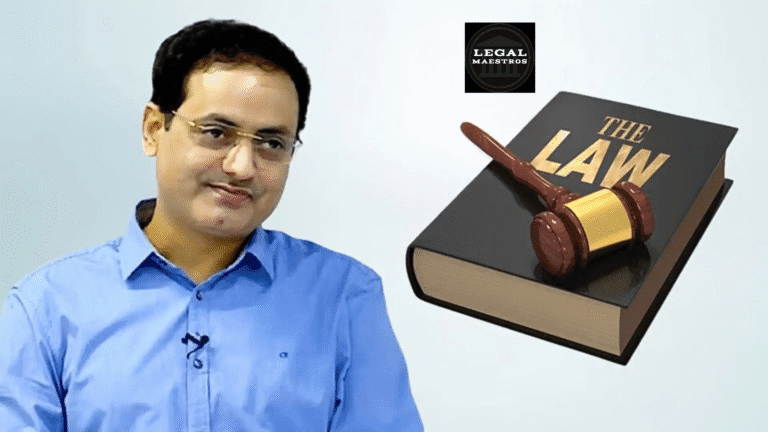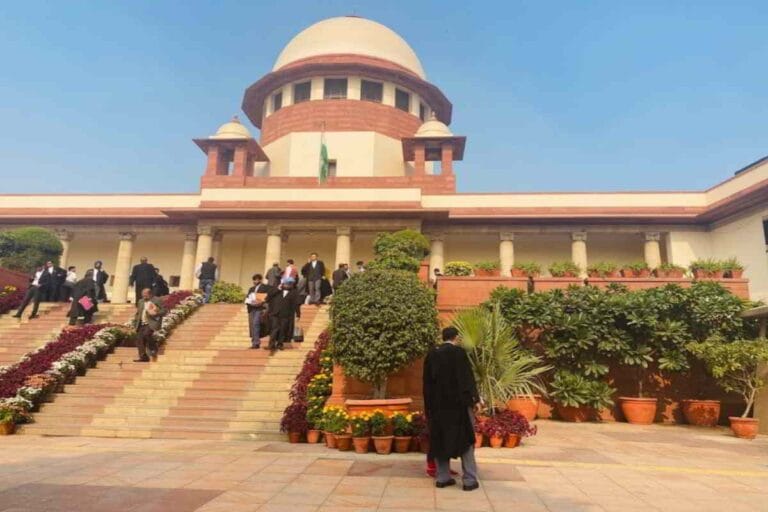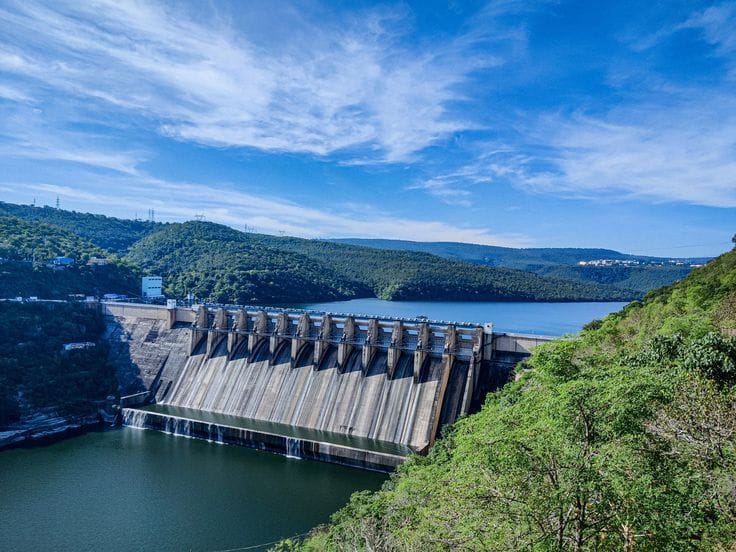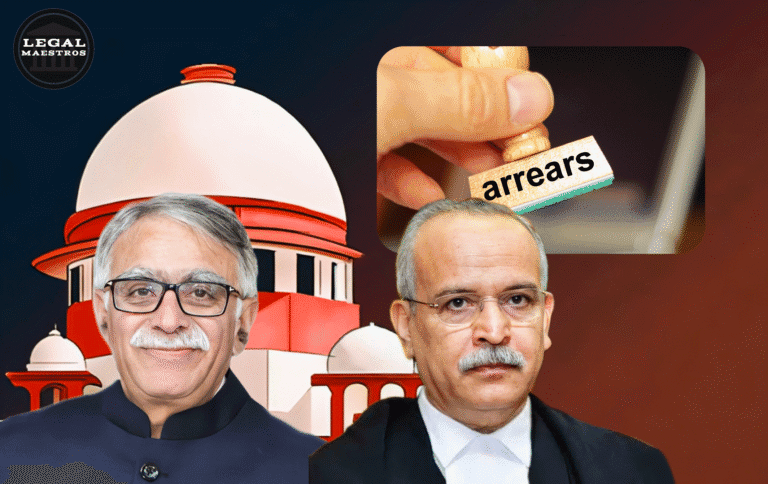
Rajdeep Sardesai and Shazia Ilmi Defamation Suit: How a Heated TV Debate on Agniveer Scheme Led to Privacy and Defamation Claims in Delhi High Court
The Starting Point
A televised debate on the Agniveer scheme, which was conducted by journalist Rajdeep Sardesai on India Today in July 2024, took an unexpected turn when BJP lawmaker Shazia Ilmi left the conversation in the middle of it. Defamation and privacy rights were at the core of a judicial dispute that was initiated by this incident. This incident brought to light the intricate relationship that exists between individual rights and media freedom in the modern era.
The Debate That Was Broadcast on Television and the Subsequent Affair
An escalation of hostilities occurred during the live debate, which resulted in Ilmi leaving the show and claiming that her microphone had been muffled on purpose. After the broadcast, Sardesai uploaded an 18-second video clip to his social media platform, X (which was formerly known as Twitter). In the film, Ilmi can be seen removing her microphone and leaving the frame. The footage was accompanied by a remark made by Sardesai, who stated that Ilmi had “chucked the mike” and allegedly assaulted a video journalist. This portrayal was challenged by Ilmi, who asserted that the video material had been altered and recorded without her permission, so infringing upon her right to privacy. All of the following:
Legal Proceedings Carried Out at the High Court of Bangalore
Ilmi has launched a lawsuit against Sardesai for defamation, seeking a permanent injunction against the transmission of the film as well as reparations for the alleged injury that was caused. During the month of August in the year 2024, the Delhi High Court granted an interim order that instructed Sardesai to erase the video from his presence on social media. The court reiterated this ruling in April 2025, highlighting the fact that the recording and dissemination of Ilmi’s activities after she had withdrawn from the live debate violated her right to privacy. This decision was reaffirmed. The court made the observation that Sardesai and the media outlet that was linked with him did not have the authority to record or use material that went beyond the consent that Ilmi had given.
For More Updates & Regular Notes Join Our Whats App Group (https://chat.whatsapp.com/DkucckgAEJbCtXwXr2yIt0) and Telegram Group ( https://t.me/legalmaestroeducators ) contact@legalmaestros.com.
For More Updates & Regular Notes Join Our Whats App Group (https://chat.whatsapp.com/DkucckgAEJbCtXwXr2yIt0) and Telegram Group ( https://t.me/legalmaestroeducators )
Observations of the Court Regarding Privatization and Consent
It was bought to the attention of Justice Manmeet Pritam Singh Arora, who was presiding over the case, t be recorded was restricted to the period of the live debate. After she left the conversation, any additional recording that took place without her having given her express agreement would be considered an invasion of her privacy. In spite of the fact that public figures have a lower expectation of privacy, the court noted that they are nevertheless entitled to protection against unwanted recordings in private circumstances.
Claims of Defamation and the Decision of the Court
Regarding the claims of defamation, the court determined that Sardesai’s portrayal of Ilmi “chucking the mike” was not only factually false but also misleading. In spite of this, the court decided that Sardesai should be allowed to keep the first piece of his tweet because Ilmi did not object to that particular section of the message. A strong emphasis was placed by the court on the significance of truthful reporting, particularly by notable journalists whose views carry a great deal of weight and impact how the public perceives things.
The Punishment That Was Given to Shazia Ilmi
During the course of the proceedings, it became clear that Ilmi had deleted two tweets that were a part of the same chat thread that was relevant to the incident. Ilmi was ordered to pay a fine of Rs. 25,000, which was to be paid to the Delhi High Court Bar Clerks’ Association. The court ruled that this suppression was intentional and issued the sanctions. An emphasis was placed by the court on the need of litigants coming before the court with clean hands and ensuring that all pertinent material is disclosed in its entirety.
The Appeal of Professor Sardesai and the Ongoing Proceedings
In reaction to the decision made by the sole judge, Sardesai submitted an appeal to a division bench of the Delhi High Court, which was comprised of Justices Navin Chawla and Renu Bhatnagar. The appeal challenges the order requiring the removal of the video and tries to address problems connected to journalistic freedom and the boundaries of privacy. Following the conclusion of the summer break, the court has decided to hold the hearing during the first week of July 2025.
Wider Implications for the Rights of the Media and Individual Privacy
In light of this case, the delicate balance that exists between the rights of individuals to privacy and the freedom of the press is brought to the forefront. It highlights the necessity for professionals working in the media to use caution when capturing and transmitting footage, making certain that consent is secured and respected. It is important to note that the observations made by the court serve as a reminder that the right to privacy extends beyond public appearances, and that recordings made without permission might have legitimate legal consequences.
The defamation lawsuit that Rajdeep Sardesai and Shazia Ilmi filed against one other is a significant case that helps define the limits of individual privacy and the restrictions placed on the freedom of the media. As the legal procedures continue, the decision is likely to establish a precedent for how similar situations are handled in the future. This will highlight the significance of obtaining consent, providing factual reporting, and respecting personal boundaries in the field of media.






